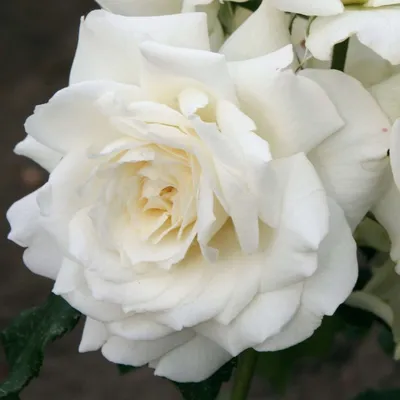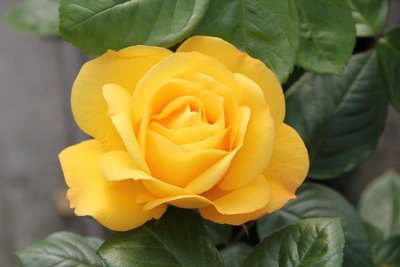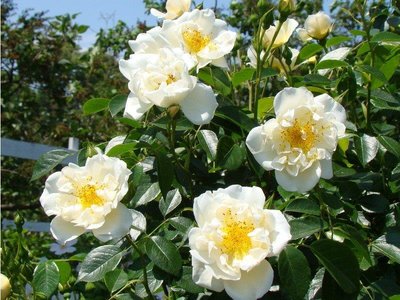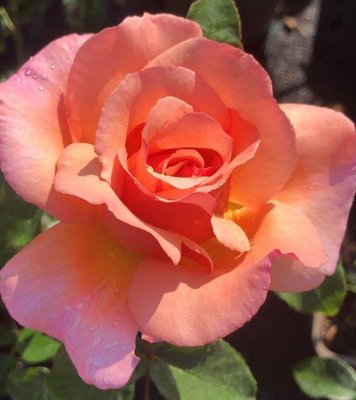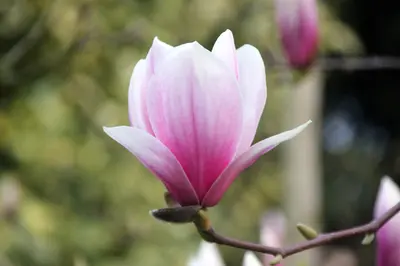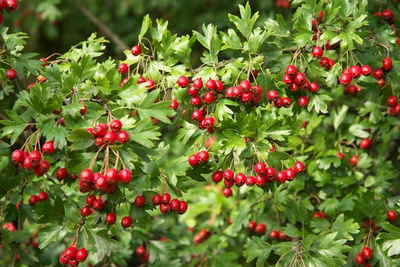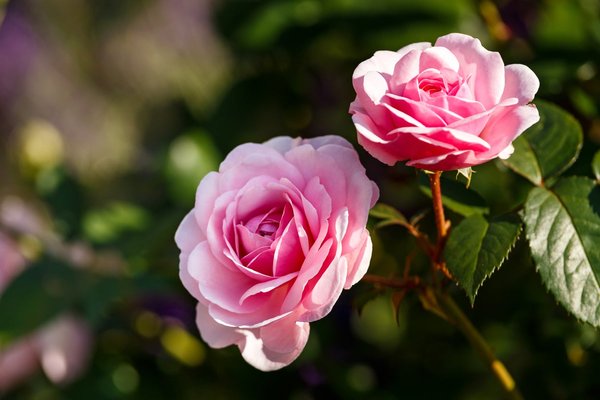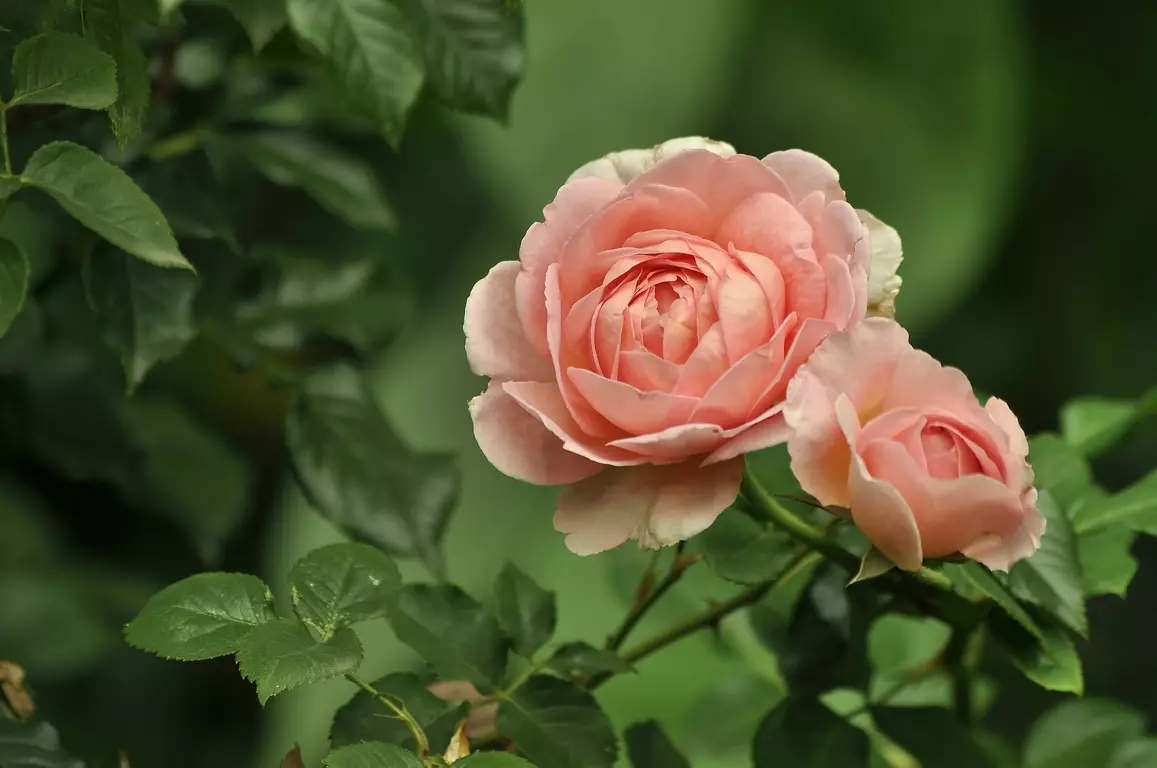
Planting and caring for roses
Planting
When you have received your purchased roses, you will most likely find that if they have been sent during the dormant season they would have already been pruned hard back. If this is not the case you will need to do this before planting, to prevent wind rock.
Roses are gross feeders, so it is essential to add humus to the soil prior to planting. Spent sterilized mushroom compost is ideal; mix this with your own soil. If planting in the autumn or early winter, add also two or three handfuls of bone meal and mix with soil in the bottom of the hole. If planting in spring or summer use blood, fish and bone fertilizer which is more readily available to the plant, whenever you plant your rose you should place a couple of teaspoons of rootgrow into the bottom of the planting hole. Do not mix this in with the soil, this world best if the plant is placed directly on top of the rootgrow and the roots are in direct contact. Place the rose in the centre of the hole spread the roots out. Ensure that the graft union is below the surface. Backfill the hole with the enriched soil. Always make sure you firm the rose in well as they don’t enjoy loose soil. When planted, a good thick mulch should be applied round each rose; horse manure, spent mushroom compost or similar, this will ultimately help the health of the rose.
Pruning
As mentioned before, bush roses should be cut back to about 6 – 9 inches when first planted. Subsequent years they should be cut back twice, just by about half of their growth in the autumn and again in the spring (March) to two or three buds of the previous year’s cut. Floribundas are usually first to flower in the next summer, so they are cut back less than hybrid teas. Climbers are shortened back to good healthy buds and weak and dead branches dispatched.
Ramblers are only lightly pruned as their flower buds are formed on the previous season’s growth. They tend to have one magnificent flowering period in June, whereas climbers tend to have repeat flowering throughout summer, but, for this to happen it is essential to dead head for best results. Dead heading is also a must for Hybrid Teas and Floribundas.
Health
To keep roses healthy, it is important to feed regularly, mulch each spring and add fertilizers that have trace elements, i.e. Vitax Q4 or Toprose – liquid feed is also good during summer. Spraying may also be necessary in parts of the country that has cleaner air, usually every two to three weeks with a combined spray against mildew, black spot, and aphids. Some gardeners swear that dressings of Magnesium Sulphate will help against disease.
Finally, if you do not have success with particular varieties, don’t give up, try new, more resistant varieties, sooner or later you will have a rose garden to be proud of.

